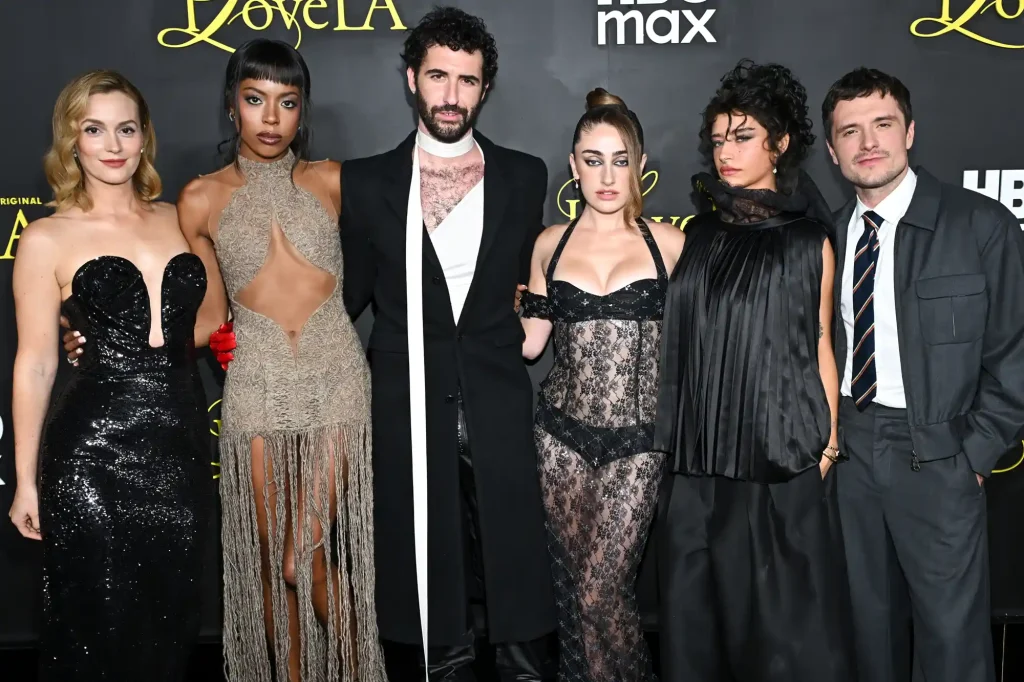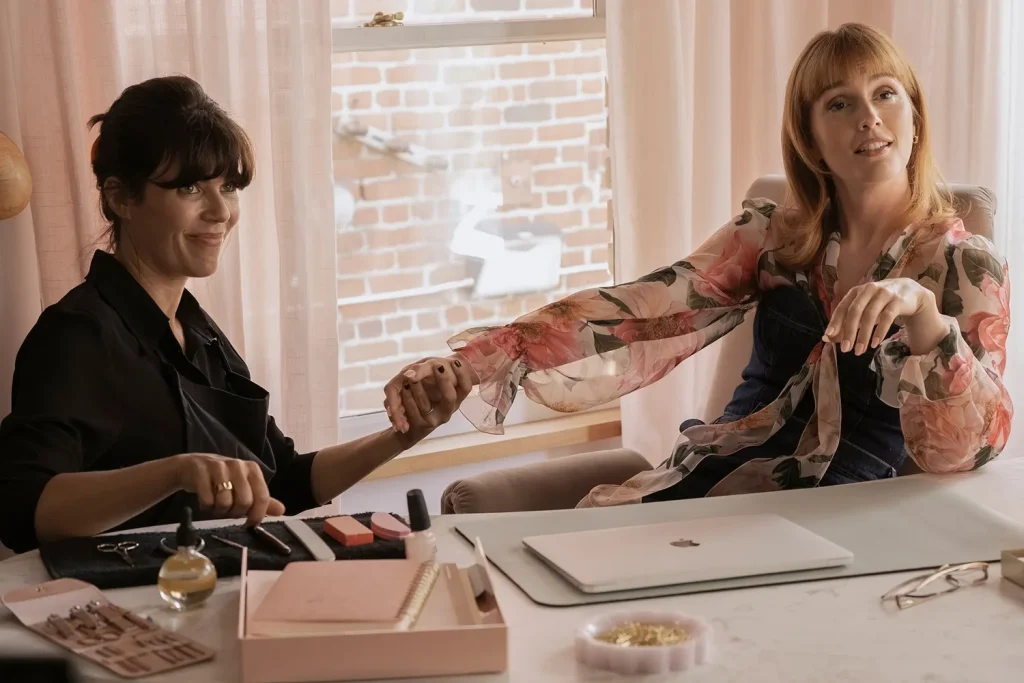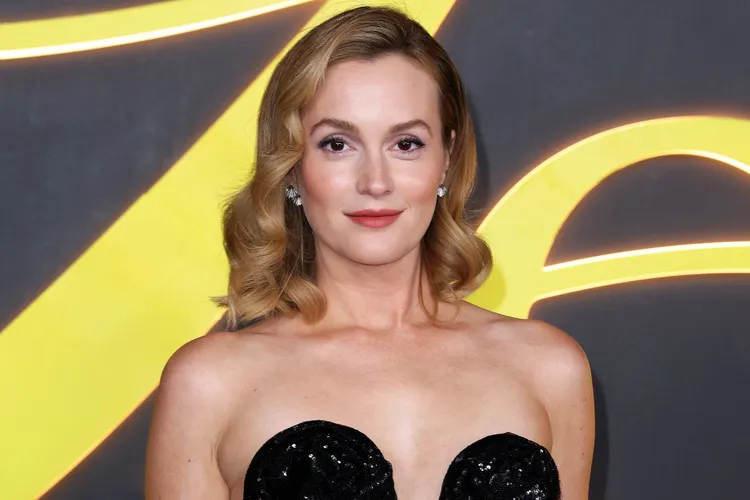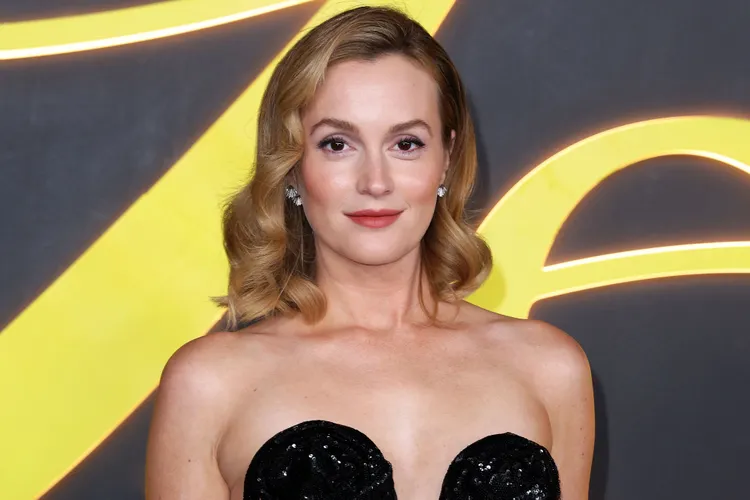Leighton Meester Says Past “Toxic Work Environments” Gave Her the Insight to Play a Powerful Publicist in HBO’s I Love LA
In a candid conversation with PEOPLE, actress Leighton Meester revealed how experiences from her early career shaped her understanding of workplace dynamics — and ultimately informed her approach to playing Alyssa, a high-powered publicist, in the HBO comedy series I Love LA.

Meester, who rose to fame as Blair Waldorf on Gossip Girl, spoke frankly about the aspects of her professional life that made her empathize with her character’s sharp edge and the fraught relationships at play in the show’s setting. “I’ve been in toxic work environments,” she said of her own past. “I think a lot of people have experienced that, being around people who sort of… I don’t know, just, like, you have a boss that maybe doesn’t uplift you, or whatever.”
Although Meester did not draw a direct parallel between her real-life publicist and the fictional Alyssa, she acknowledged how the emotional textures of ambition, frustration, and relationship imbalance resonated with her from her own career experiences. In the interview, she clarified that while the publicist in the show is a caricature, “I’ve totally seen [those situations] from afar and witnessed some weird shenanigans.”
Beyond just drawing on negative experiences, Meester expressed how this role offered a kind of healing or reframing. She described the production of I Love LA as a “safe, comedic environment” in which she could explore those challenging interpersonal dynamics without being re-exposed to them. “The fact that I could do it in a way that’s funny freed me to really feel the thrill of the ride,” she said of playing Alyssa.

For many fans, the revelation may come as a surprise — Meester has long been celebrated for her poised presence on screen and has rarely spoken publicly about her own behind-the-scenes experiences until now. However, her comments align with a growing conversation in Hollywood and beyond about how workplace culture, especially in entertainment, can include undervaluing, manipulation, or lack of support.
As she settles into her 39th year and reflects on her career — which began when she was 19 and rapidly thrust her into the spotlight — Meester’s perspective has matured. In an earlier interview she acknowledged that her time on Gossip Girl was “so special and such a unique, amazing experience,” yet also admitted, “I don’t know if it was the healthiest environment.”
In I Love LA, created by and starring Rachel Sennott, Meester plays Alyssa, the boss of Maia (Sennott), whose chaotic world of PR, influence, and ambition becomes the setting for wry and sharp satire. Meester described the show as giving her “permission” to lean into the absurdity of such power dynamics — a space where she could draw from experience while also infusing it with playful commentary.
The interview also reveals a subtle evolution in Meester’s career choices and priorities. Having played the meticulously styled social-queen Blair Waldorf, then ventured into independent film, and now embracing a role that reflects industry critique, she appears to be selecting work that resonates on both a creative and personal level. It’s not simply about the role but about what the role allows her to say.

On set, Meester spoke positively about the collaborative environment. She told PEOPLE that working with the cast — including Sennott, Josh Hutcherson, Odessa A’Zion, True Whitaker, and Jordan Firstman — felt refreshing and enjoyable. Her sense of relief at being in a healthier space is palpable: the ability to have fun while still digging into the less glamorous side of business.
For viewers, the scenes of power plays, aggressive bosses, and office politics may feel exaggerated, but for Meester, they carry echoes of real moments she experienced or observed early in her Hollywood career. She isn’t seeking a direct correspondence, yet the emotional truth of feeling undermined or undervalued is something she recognized. “Being around people who sort of… don’t uplift you” is a phrase she used to describe the environment; a phrase many working professionals will recognize.
The choice to address her own history of “toxic work environments” publicly signals a shift in narrative. Where previously celebrities might stay silent on behind-the-scenes struggles, Meester’s decision to speak on it adds to the discourse of workplace wellness, equality, and the emotional labor actors shoulder. In doing so, she contributes to a broader dialogue about the need for healthier atmospheres in creative industries.
She also gently highlights how the role provided an opportunity to transform discomfort into comedic work. By stepping into the role of a manipulative boss, she turned what might have been a lived wound into a creative asset, transforming the very thing that once hurt her into something she could explore and reclaim. This isn’t just method work — it’s cathartic narrative.
At the heart of Meester’s remarks is not a lament but a recognition that the work culture she once navigated can now fuel her artistry. She said that playing Alyssa was “really fun to play with in a safe, comedic environment.” That juxtaposition — of past pain and current safety — illustrates how the trajectory of her career has brought both growth and perspective.
Beyond the current project, Meester’s evolving priorities extend into her personal life. In earlier interviews, she described how family and balance now play a significant role in her decision-making. While she does not shy away from challenging roles, she has also spoken about the importance of maintaining emotional health, being present for her children, and working in environments that respect both craft and wellbeing.
As I Love LA premieres its episodes Sundays at 11 p.m. ET on HBO and HBO Max, viewers can watch Meester bring to life a character whose confidence, sharp tongue, and power suits mask underlying tensions many professionals recognize. Through Alyssa, she invites audiences to both laugh at and reflect on the toxic climates that still persist.
In marking this chapter of her career, Meester demonstrates how evolution doesn’t always mean changing genres or mediums — sometimes it means bringing a fuller version of yourself to the role. In doing so, she offers a layered performance and a statement: that the pressures of the past don’t have to be silenced — they can be transformed.


